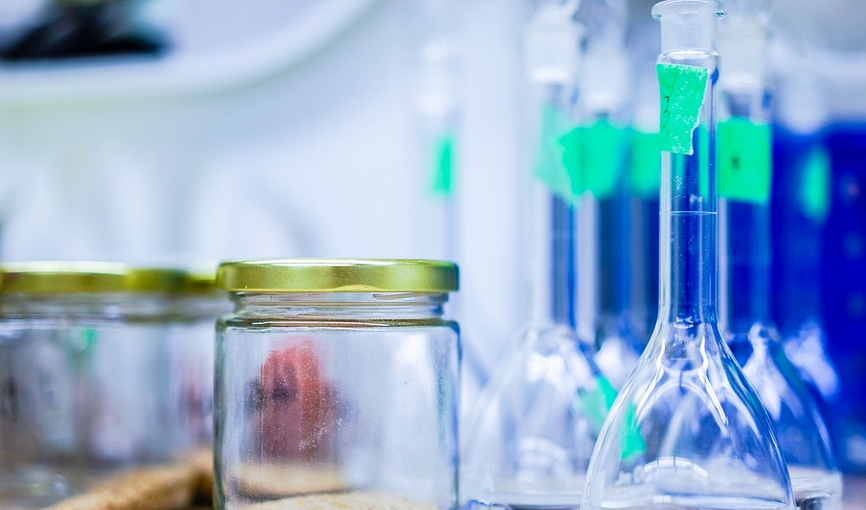Introduction
Chemical waste disposal is a crucial aspect of laboratory safety. Chemical waste is defined as any material that is no longer needed or usable, and may be hazardous to human health or the environment. In this article, we will discuss the proper disposal of chemical waste in the laboratory and why it is important.
The Importance of Proper Chemical Waste Disposal
Proper disposal of chemical waste is important for several reasons. First and foremost, it helps to protect the health and safety of laboratory personnel and the environment. Chemical waste can be toxic, flammable, reactive or corrosive, and can pose a serious threat to human health or the environment if not handled properly. Improper disposal of chemical waste can lead to accidents, contamination of the environment, and even legal repercussions.
Types of Chemical Waste
There are various types of chemical waste generated in the laboratory, including solvents, acids, bases, heavy metals, and biological waste. Each type requires a specific method of disposal. Before disposal, these wastes must be segregated and labeled properly to avoid cross-contamination.
Disposal Methods
There are several methods of chemical waste disposal, including recycling, treatment, and disposal in a landfill. Recycling is the most preferred method as it helps to conserve resources and reduce the amount of waste going to landfills. Treatment methods include incineration, neutralization, or chemical oxidation. Disposal in a landfill is the last resort and should only be considered when no other options are available.
Regulations and Guidelines
In Indonesia, the proper disposal of chemical waste is regulated by the Ministry of Environment and Forestry. Laboratories are required to comply with the regulations and guidelines set by the government to ensure safe and proper disposal of chemical waste. Failure to comply with these regulations can result in fines, penalties, and even legal action.
Best Practices for Chemical Waste Disposal
To ensure proper disposal of chemical waste, laboratories should follow these best practices:
Segregation and Labeling
All chemical waste should be segregated by type and labeled properly to avoid cross-contamination. Each container should be labeled with the type of waste, date of accumulation, and the name of the person who generated the waste.
Storage and Handling
Chemical waste should be stored in a secure location, away from heat sources and direct sunlight. Containers should be kept closed at all times and inspected regularly for leaks or damage.
Disposal Methods
Disposal methods should be selected based on the type of waste generated. Recycling and treatment methods should be preferred over disposal in a landfill.
Training and Awareness
Proper training and awareness programs should be implemented to ensure that laboratory personnel are aware of the hazards associated with chemical waste and the proper disposal methods.
Conclusion
Proper disposal of chemical waste is crucial for laboratory safety and environmental protection. Laboratories must follow the regulations and guidelines set by the government, and implement best practices to ensure safe and proper disposal of chemical waste. By doing so, they can protect the health and safety of laboratory personnel and the environment.

